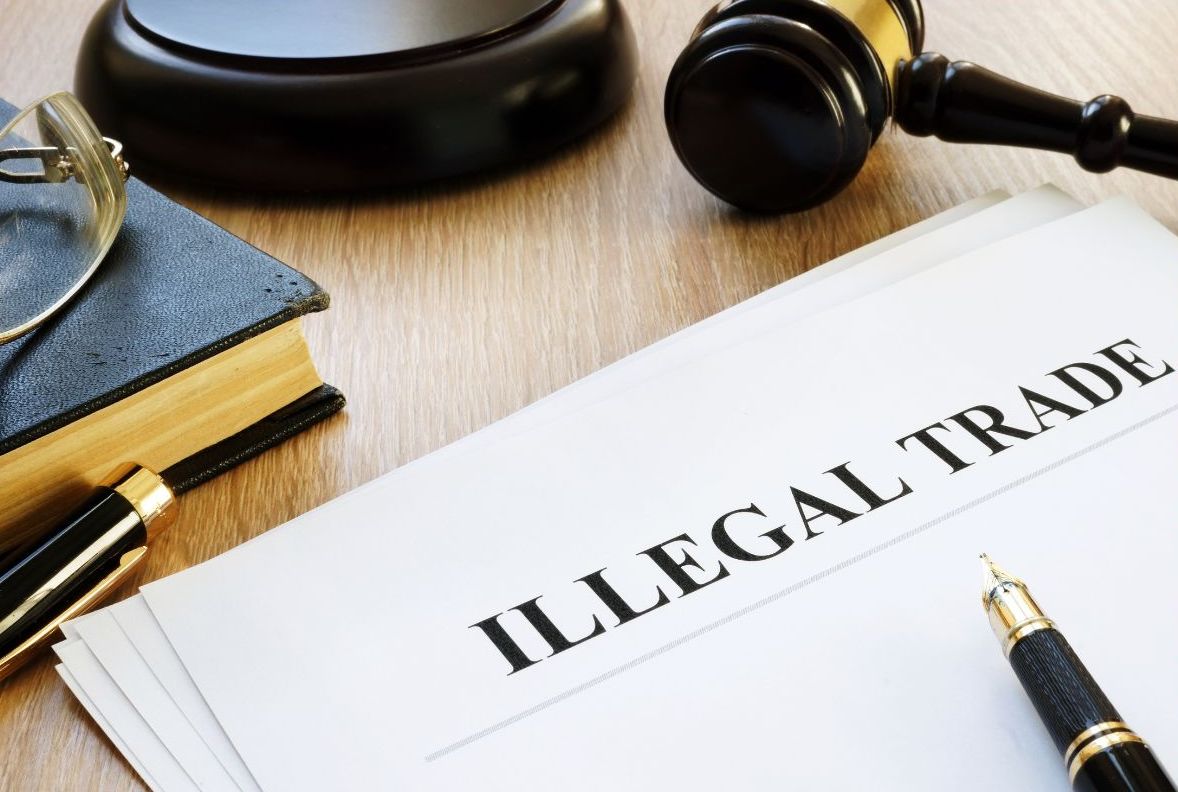WCP Zambia
Wildlife Criminal Justice Programme
Anti-poaching and other law enforcement efforts can be hindered in deterring wildlife crime if cases are not successfully prosecuted or if appropriate sentences are not applied. (Akella, A.S. and J.B. Cannon 2004).
Wildlife Criminal Justice
The Wildlife Criminal Justice Programme (WCJ), operating under Zambia’s Wildlife Crime Prevention (WCP), plays a pivotal role in fortifying the nation’s legal framework against wildlife and environmental crimes. By collaborating closely with the Department of National Parks and Wildlife (DNPW), the National Prosecution Authority (NPA), and the judiciary, WCJ ensures that offenders face effective prosecution and appropriate sentencing within Zambian courts.
The Importance of Effective Prosecution
Effective prosecution is a cornerstone in deterring wildlife crimes. When potential offenders perceive a high likelihood of apprehension and stringent penalties, they are less inclined to engage in illegal activities. This certainty of punishment serves as a powerful deterrent, reinforcing the rule of law and safeguarding Zambia’s rich biodiversity. As highlighted by Lemieux et al. (2022), the assurance of prosecution significantly contributes to crime deterrence.
Rapid Reference Guide: A Tool for Legal Practitioners
In its commitment to bolster the legal response to wildlife crimes, WCP, in partnership with DNPW and NPA, developed the “Rapid Reference Guide for the Investigation and Prosecution of Wildlife Crimes in Zambia.” This comprehensive manual serves as a best-practice reference for officers and prosecutors, offering clear guidelines on navigating the complexities of wildlife crime cases. The guide addresses various facets, from evidence collection to courtroom procedures, ensuring that legal practitioners are well-equipped to handle cases effectively.
Capacity Building Through Annual Workshops
Recognizing the dynamic nature of wildlife crimes and the evolving legal landscape, WCP conducts annual workshops centered on the utilization of the Rapid Reference Guide. These workshops provide a platform for legal practitioners to deepen their understanding, share experiences, and stay updated on best practices. A significant emphasis is placed on adhering to human rights standards in wildlife law enforcement, ensuring that while justice is served, the rights of all individuals are respected.
Leveraging Technology: The WildCrime Compass Application
To further enhance accessibility and utility, the Rapid Reference Guide has been integrated into the WildCrime Compass mobile application. Available on both Android and iOS platforms, this app offers investigators and prosecutors a portable library of resources, enabling quick reference in the field or courtroom. Features such as enhanced search functionality, downloadable attachments, and certification opportunities empower users to navigate legal procedures efficiently and effectively.
Regional Collaboration and Knowledge Sharing
WCP’s efforts resonate beyond Zambia’s borders. The development and implementation of Rapid Reference Guides have inspired similar initiatives in other African nations. For instance, Rwanda introduced its own guide to address challenges in prosecuting wildlife crimes, particularly in border communities. This regional collaboration underscores the importance of shared knowledge and strategies in combating wildlife crime across the continent.
Challenges and Continuous Improvement
Despite significant strides, challenges persist in the fight against wildlife crime. Issues such as limited resources, sophisticated trafficking networks, and the need for continuous training demand unwavering attention. WCP remains committed to addressing these challenges by fostering partnerships, enhancing legal frameworks, and promoting community engagement to ensure the protection of Zambia’s wildlife heritage.
The Wildlife Criminal Justice Programme exemplifies a comprehensive approach to combating wildlife and environmental crimes in Zambia. Through strategic collaborations, resource development like the Rapid Reference Guide, technological innovations such as the WildCrime Compass app, and ongoing capacity-building initiatives, WCP reinforces the nation’s commitment to preserving its natural heritage. By ensuring that legal practitioners are well-equipped and informed, WCJ contributes significantly to the effective prosecution and deterrence of wildlife crimes, safeguarding Zambia’s biodiversity for future generations.

